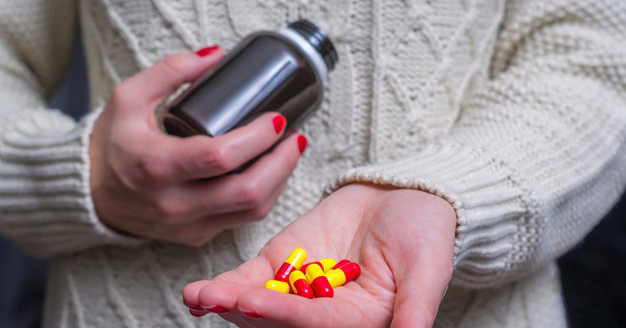As we mark World Malaria Day 2023, it is important to highlight the dangers of self-medication in the fight against this deadly disease. Malaria is a major public health problem, with high morbidity and mortality rates. Self-medication is one of the common practices amongs, and it has been identified as a major contributor to the high burden of malaria in the country.
Self-medication involves the use of drugs without the prescription or guidance of a healthcare professional. It is a common practice amongs, and it is often done for various reasons such as convenience, cost-saving, and lack of access to healthcare facilities. However, the dangers of self-medication cannot be overemphasized, especially when it comes to malaria.
Malaria is a disease caused by a parasite that is transmitted to humans through the bite of infected mosquitoes. It is a life-threatening disease that affects millions of people around the world., malaria is endemic, and it is responsible for a large proportion of morbidity and mortality in the country.
The symptoms of malaria include fever, headache, muscle pain, and fatigue. These symptoms are often non-specific and can be caused by other illnesses. This makes self-medication a dangerous practice, as it can lead to misdiagnosis and delayed treatment, which can be life-threatening.
One of the dangers of self-medication in the treatment of malaria is the risk of developing drug resistance. This occurs when the malaria parasite develops the ability to resist the drugs that are commonly used to treat it. This makes the drugs ineffective, and it can lead to the spread of drug-resistant malaria strains.
Drug resistance is a serious problem in the fight against malaria, and it has been identified as a major challenge to the global efforts to eliminate the disease. Self-medication is one of the factors that contribute to the development of drug resistance, as it often involves the use of inappropriate dosages and combinations of drugs.
Another danger of self-medication in the treatment of malaria is the risk of adverse drug reactions. This occurs when the drugs used to treat malaria interact with other drugs that the patient may be taking, or when they are used inappropriately. Adverse drug reactions can be life-threatening, and they can lead to severe side effects such as organ damage and death.
To address the problem of self-medication in the treatment of malaria, it is important to raise awareness about the dangers of the practice. This can be done through public education campaigns that emphasize the importance of seeking medical advice from a qualified healthcare provider before taking any medication.
Healthcare professionals should also be encouraged to provide adequate information to their patients about the proper use of anti-malaria drugs. This includes information about the correct dosage, frequency, and duration of treatment, as well as information about the potential side effects and drug interactions.
Regulatory agencies should also play a role in addressing the problem of self-medication in the treatment of malaria. They should ensure that only licensed healthcare providers are allowed to prescribe anti-malaria drugs, and they should enforce laws and regulations that govern the sale and distribution of these drugs.
In conclusion, self-medication is a dangerous practice that can lead to misdiagnosis, drug resistance, and adverse drug reactions in the treatment of malaria. As we mark World Malaria Day 2023, it is important to raise awareness about the dangers of self-medication and to encourage people to seek medical advice from qualified healthcare providers before taking any medication. By taking these steps, we can help to reduce the burden of malaria and around the world.




A piece that came in handy. Many needs to see this to stay enlightened
So malaria is cause by infected mosquitoes bite. I thought is any mosquitoes bite not knowing is been cause by infected once’s